What led to Japan's unexpected success in the fight against Covid-19?
In a short time, Japan has become a success story in fighting the Covid-19 pandemic. According to experts, this is a story that is deeply impressive and somewhat mysterious.
Japan's unexpected success
The number of new cases per day in Tokyo has dropped sharply from a peak of nearly 6,000 in mid-August to less than 100 now - the lowest level in the past 11 months. Bars are packed, trains are crowded, and people are in a celebratory mood. So what has made the "Land of the Rising Sun" successful in the fight against Covid-19?
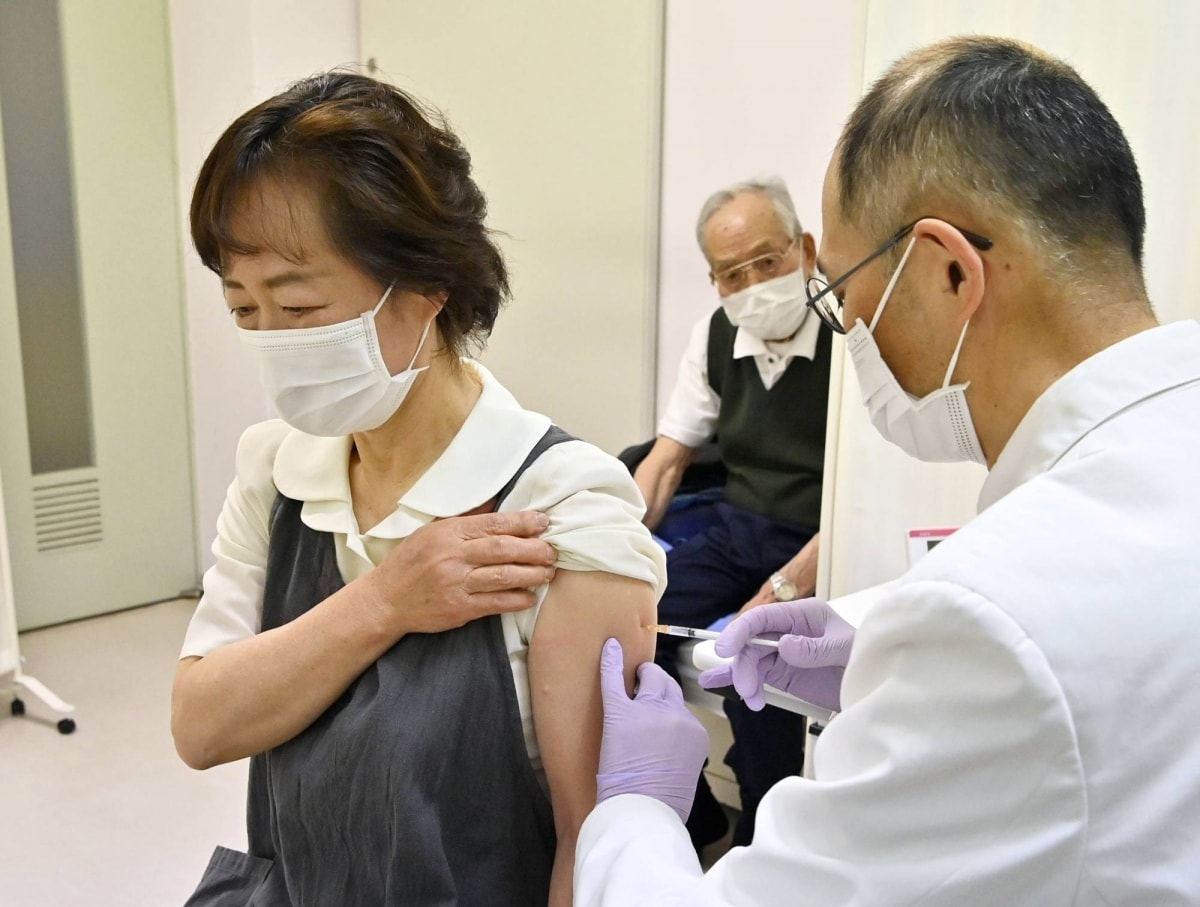 |
Unlike other countries in Europe and Asia, Japan has never implemented lockdown-like measures, instead declaring a state of emergency whenever the outbreak becomes severe.
Many factors are believed to have contributed to Japan's success, including a rapid vaccination campaign, restrictions on nightlife, a long-standing mask-wearing culture and bad weather in late August that kept people indoors.
But with vaccine efficacy waning and winter approaching, experts are worried about why the number of cases has dropped so rapidly. Many believe Japan could face a similar wave to this summer, when hospitals were overwhelmed by severe cases and deaths soared, even though the death rate is now lower than before the vaccinations began.
Many experts believe that the vaccination campaign has helped reduce the number of cases in this country. Up to now, nearly 70% of the Japanese population has been fully vaccinated.
“The rapid and intensive vaccination of people under 64 in Japan may have created a situation similar to herd immunity,” said Dr. Kazuhiro Tateda, a virology professor at Toho University. Vaccination rates increased from July to September as the Delta variant spread rapidly in the country. But the expert warned that the spike in cases in the United States, Britain and other places that started vaccination months earlier than Japan showed that vaccines alone cannot help fight the epidemic because their effectiveness decreases over time.
Japan began administering Covid-19 vaccines in mid-February 2021, prioritizing medical workers and the elderly. However, a shortage of imported vaccines slowed the vaccination process in Japan until late May. After the shortage was resolved and supplies stabilized, the country raised its vaccination target to over 1 million doses per day to maximize protection against the disease before the Olympics, which took place from July 23 to August 8. The number of doses administered per day increased to about 1.5 million in July, helping to raise the vaccination rate from 15% in early July to 65% in early October, surpassing the United States.
On October 17 alone, Japan recorded a total of 429 new cases nationwide, with Tokyo recording 40 cases - less than 100 cases for the ninth consecutive day, the lowest level since the beginning of the year. Thus, Japan has had a total of 1.71 million cases and 18,000 deaths since the pandemic began in early 2020.
Worrying about the worst case scenario
Why did the number of cases in Japan drop so dramatically in such a short period of time? “It’s a difficult question, and we have to consider the impact of the vaccination process,” said Norio Ohmagari, director of the Centers for Disease Control and Prevention. “The impact could be huge. Also, people who gather in high-risk environments, such as crowded or closed places, may have contracted the disease and gained immunity.”
While some have speculated that the drop in cases may be due to less testing in Japan, data from the Tokyo metropolitan government shows that cases fell from 25% in mid-August to 1% in mid-October, while the number of tests performed fell by only a third.
Masataka Inokuchi - Deputy Director of the Tokyo Medical Association said that the decrease in the positive rate of Covid-19 shows that the virus infection has slowed down.
Japan’s emergency measures are not a lockdown, but rather restrictions such as requiring bars and restaurants to close early and not serve alcohol. People are still allowed to travel on public transport and attend cultural and sporting events at stadiums, but must adhere to social distancing rules.
Japan has now ended its emergency measures. The government is expanding economic and social activities, allowing sporting events and package tours on a trial basis, using vaccination certificates and increased testing.
To speed up the pace of vaccinations, former Prime Minister Yoshihide Suga, who recently left office, had previously increased the number of medical staff, opened large-scale vaccination centers and promoted workplace vaccinations starting in late June 2021. At a recent meeting of a government advisory panel, Professor Hiroshi Nishiura, of Kyoto University, said vaccinations had prevented about 650,000 people from getting sick and saved more than 7,200 lives between March and September. Most of the severe cases and deaths occurred in unvaccinated people in their 50s or younger.
But accelerating the vaccination campaign is not a compelling reason to answer that question. Public health experts want a full investigation into the reasons for the sharp decline in cases. Analysis of GPS data shows that people’s activity in major entertainment areas in city centers dropped when the government declared a third state of emergency, which ended on September 30.
“Lower numbers of people visiting amusement parks and the acceleration of vaccinations have contributed to the decline in cases,” said Atsushi Nishida, an expert at the Tokyo Metropolitan Institute of Medical Science. But he warned that a rapid return to entertainment venues after the latest state of emergency ended could trigger a new outbreak in the coming weeks.
Sharing this view, Director of Japan's National Institute of Infectious Diseases, Mr. Takaji Wakita, expressed concern about the large number of people flocking to nightlife areas, noting that the decline in cases may have bottomed out.
“It is important to control the number of cases when there is a new outbreak in the future,” Mr. Wakita stressed.
Over the weekend, new Japanese Prime Minister Fumio Kishida said the government is preparing to draft a document by early November that will impose stricter restrictions on activities and require hospitals to add more beds and medical staff to prepare for the “worst case scenario.”

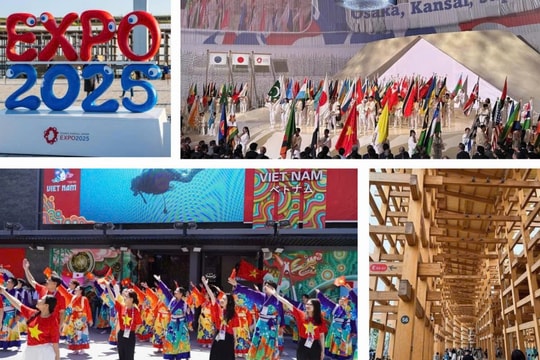

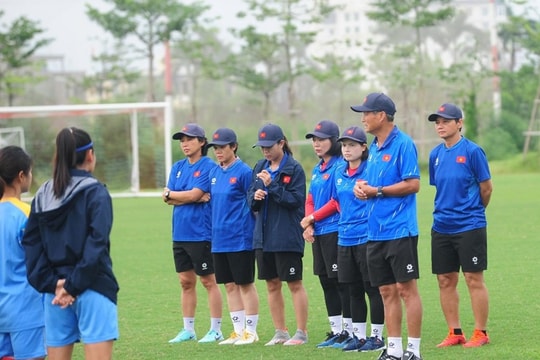
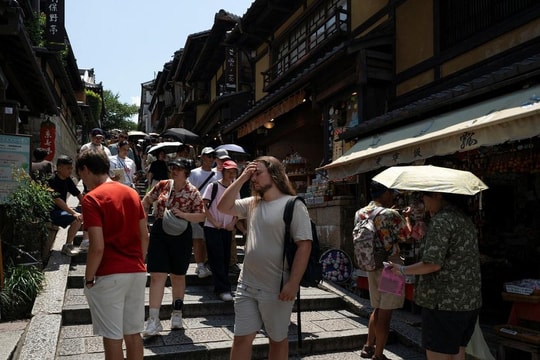

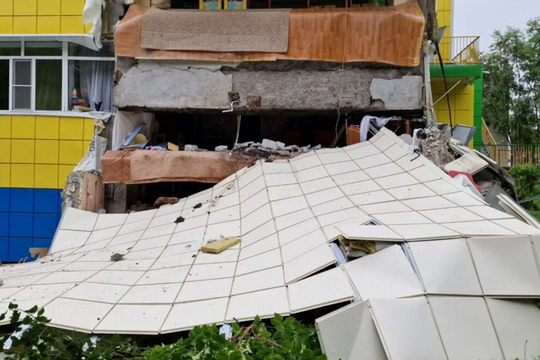
.jpg)
